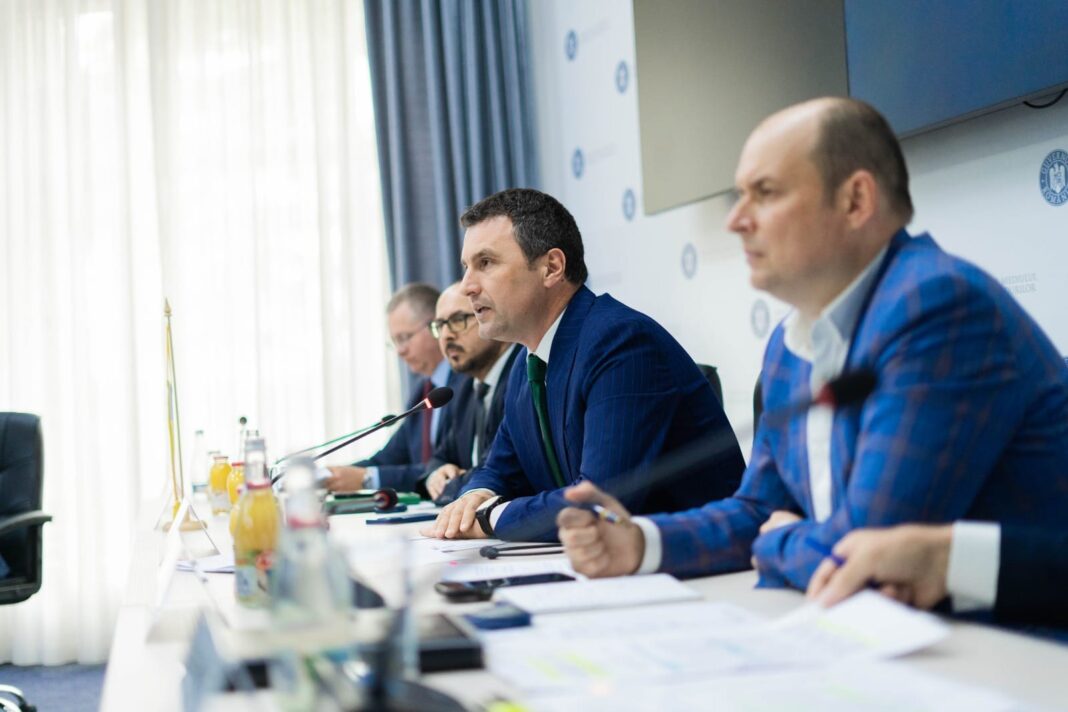Romania cannot accept advice regarding the management of the bear population from states which have exterminated their own large carnivores 100 years ago, the Romanian Minister of the Environment, Tánczos Barna, declared Tuesday, 16.05, in Brasov, Romania.
The Romanian Minister of Environment, Waters and Forests made the controversial remarks to the press after having met with members of the European Council visiting Romania on issues of deforestation and the country’s increase of its bear hunting quotas.
The minister was answering several questions from the media, with journalists quizzing him over the visit to Romania of the Committee on Petitions of the European Council.
The representatives of the EC are visiting Romania at the request of the Romanian MEPs, local authorities and environmental groups.
Other questions by the media gave rise to explanations regarding the methods used to work out the extraction quotas for the bear specimens to be killed.
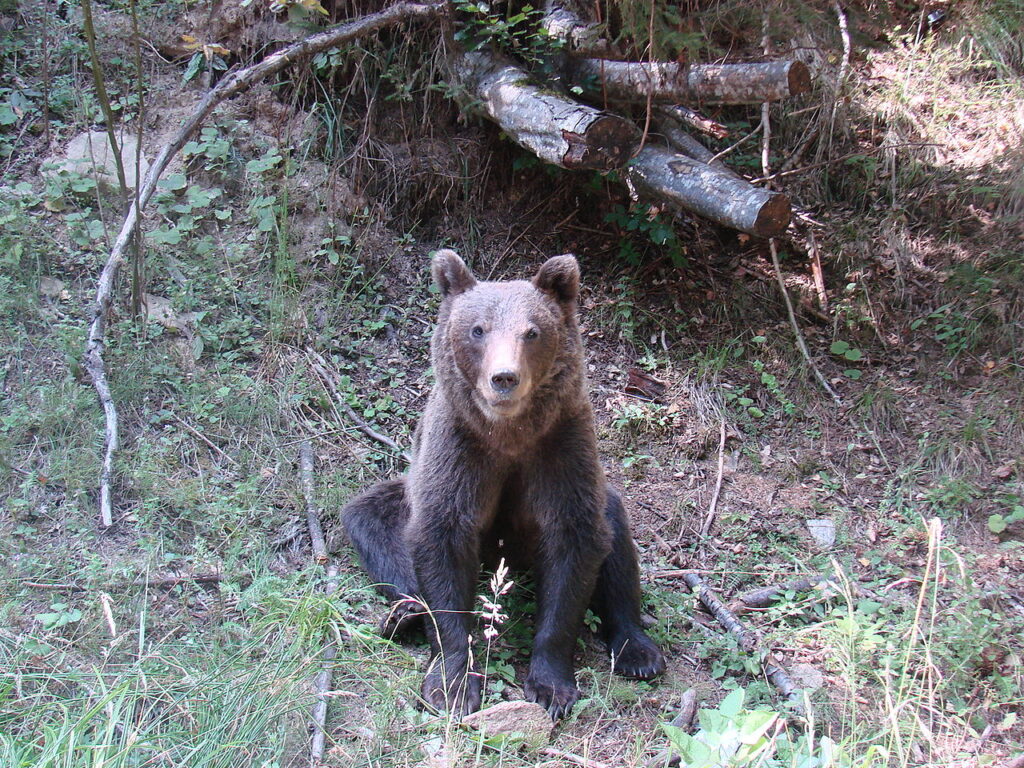
The visit of officials from Brussels is a positive step, says Minister
The Romanian Minister of the Environment, Waters and Forests, Tánczos Barna, expressed his satisfaction with the visit of the officials from Brussels. It is a good way for the European officials to verify, for themselves, the authenticity of the reports they receive about Romania’s forests and bears, he says. These are, adds the minister, more often than not, „mere stories.”
„First of all, I welcome those who decided to verify in person those stories that are often heard or told in Brussels about the forests of Romania or about the bears, the bears we live with, in Transylvania, but, more recently, not exclusively here.”
Someone has finally come to also listen to what the Romanian authorities have to say, declared Barna. Romania’s forests are protected and managed responsibly, he said. Unfortunately, there are still cases of environmental criminality which require the support of law enforcement, Barna added.
„I welcome them, because, finally, someone from Brussels has come to talk with those who initiated the petitions – which is absolutely normal – but also with the other side, those who say that Romania’s forests are protected, that Romania’s forests do not only mean theft, but that Romania’s forests also mean responsible management, of millions of hectares. Certainly, unfortunately, there are still contraventions and crimes that must be punished and that must be ascertained and for this reason we need the Forest Guard, the National Forest Guard, in collaboration with the police, the prosecutor’s office and the courts.”
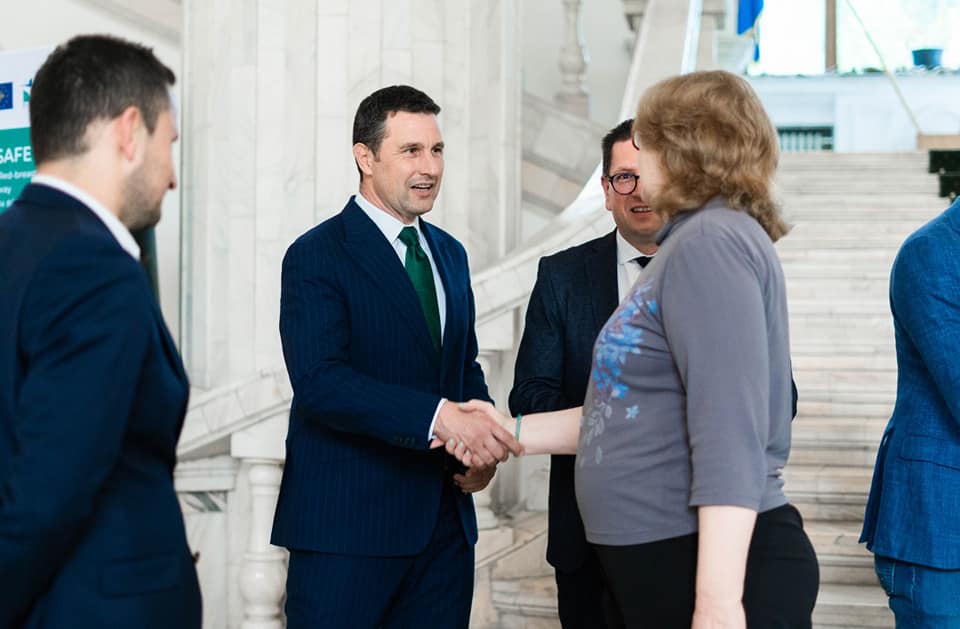
People are not causing problems for bears, but bears are causing problems for people, says the Minister
When it comes to bears, says the Minister, the officials from Brussels came to discuss the issue in response to a petition signed by the presidents of the county councils of Harghita, Brașov, Covasna and Mureș – the four Romanian councils which have the highest rates of bear-related incidents.
Romania’s „bear problem” is not one that affects the bear population, according to Barna. It is not the bears that are in trouble, he suggests, but the community which is sometimes deeply affected by living alongside a species that has been granted a „strictly protected” status in Europe.
„It is the first time that a commission from this level of the European Parliament comes to convince itself, on the ground, that, here, the „bear problem” is no longer an „endangered species problem”. It is, rather, a community problem, „a community which is sometimes seriously affected by this coexistence with a species that is strictly protected at European level,” he stated.
„I told those in the Petitions Committee that they need to understand that, here, the bear problem is no longer a problem as it is seen from Brussels, a problem of an endangered or endangered species. Favourable conservation status can be easily proven, in the case of bears. All the studies that have been done recently, including this year’s study, show that their number is increasing year by year,” the minister added.
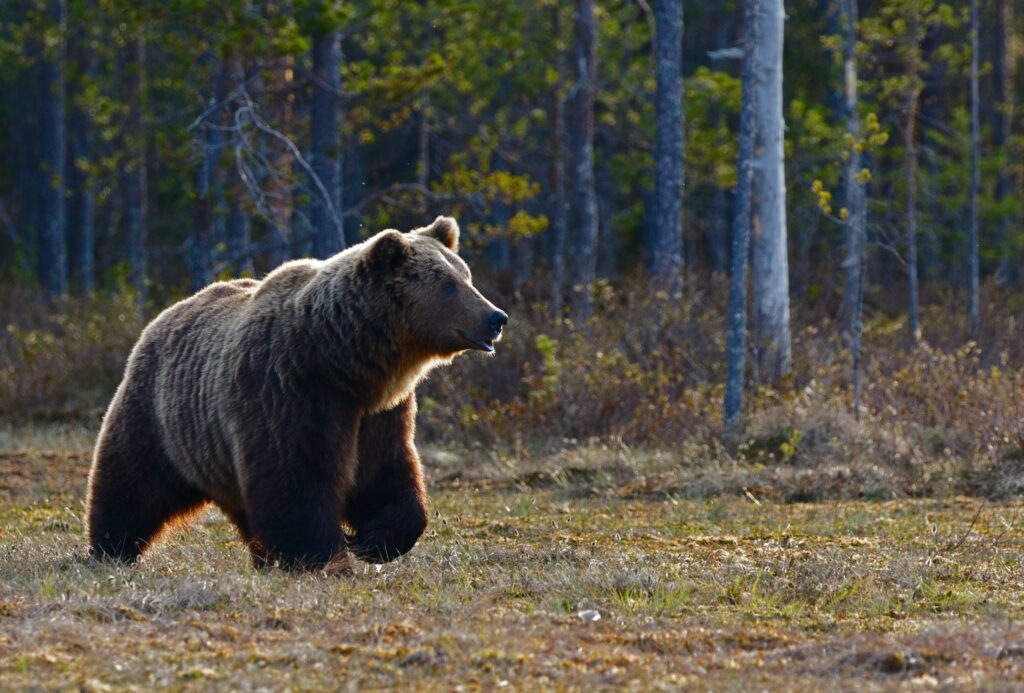
The Minister of the Environment: We must prevent the access of bears to the public space; the death of a man is a catastrophe; „the school, the kindergarten, the block of flats, the second floor, the B&B are NOT the bear’s natural habitat”
The goal of environmental authorities is not to encourage an increase in the number of bears, but to manage the existing stock in such a way that the animals do not pose a risk to human life, states Barna. To achieve this, the living ranges of the two species must intersect as little as possible, he suggests. Authorities, the Romanian minister adds, have a responsibility to ensure this is the case, in a scientific, clear and assumed way, which protects human life.
„The goal of managing a species is not to increase the number of these specimens day by day, year by year, but the goal is a sustainable management of the species, in a restricted area, which we refer to as the natural habitat of that species. The school, the kindergarten, the block of flats, the second floor, the B&B are not the bear’s natural habitat. These problems must be reduced, we must sometimes intervene preventively to pre-empt these catastrophes, because the loss of a human life IS a catastrophe. It is our responsibility to do it on a scientific basis, to have these studies that demonstrate that the intervention does not endanger this strictly protected species, and further, clear, prepared and assumed judgments, decisions are needed to create that balance in the medium and long term which protects human life,” stated the Romanian minister.
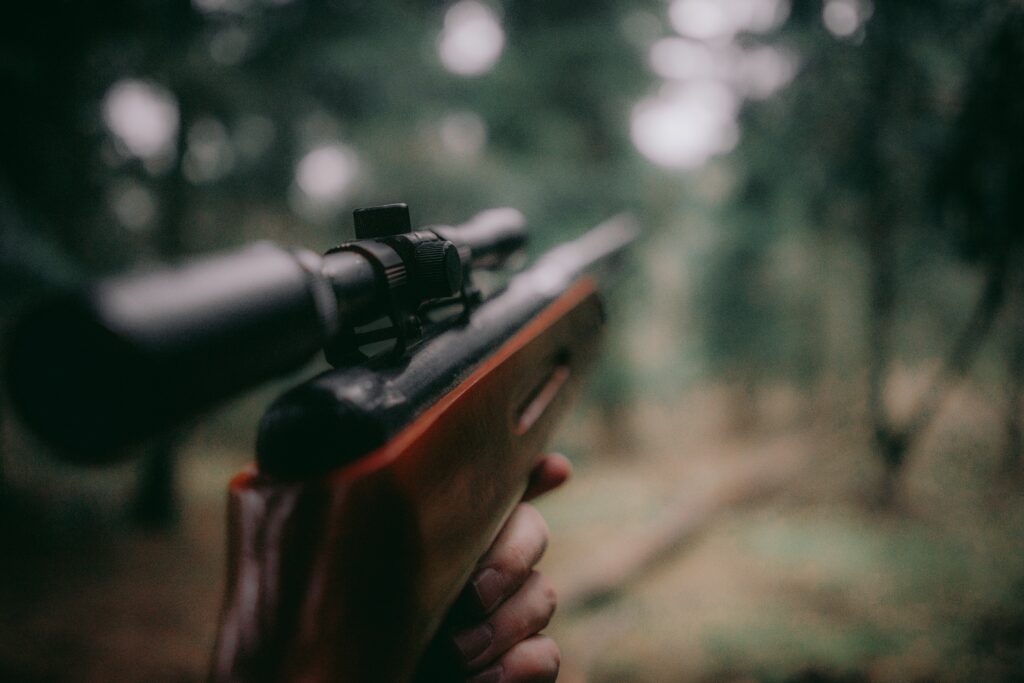
Barna: Only man can be „killed.” Wild animals are „harvested”
The minister emphasized that only humans can be referred to as being „killed,” and not wild animals, which are, actually, in his words, „being harvested.”
„I have heard some expressions these days, that wild animals are killed, that bears are killed. Man can be killed, wildlife is harvested, under the law, and the bear is a species that is at the top of the food chain, and only man is responsible for how he manages this bear population.”
Large carnivores are causing issues in other countries, too, but Romania holds the answer to it all, suggets Barna
Large carnivores have also started to cause problems in other countries, said the Romanian Environmental minister. In Italy, he elaborated, there has been one death from a bear attack, and in Germany, a wolf killed a pony. According to Barna, the carnivores are, thus, starting to create problems in other parts of Europe. As such, the minister declared, Romania will organize a summit at the end of September, in which it will present „the path the European Union must take” will be discussed, in his exact words.
„Large carnivores are creating more and more problems in Europe as well. I heard that, and, basically, there has been a first death caused by a bear, in Italy. I heard about the pony killed in Germany by a wolf, so there are problems there, too. The MEP from Bulgaria raised the issue of Bulgaria, which is facing a similar situation, because of wolves, and… less so with bears, but large carnivores are putting more and more pressure on the existence of farms, on the daily life of citizens of Europe, which is why, at the end of September, we will organize – in Romania – a summit on this topic, that of the large carnivores, and the path the European Union must take,” the minister declared.
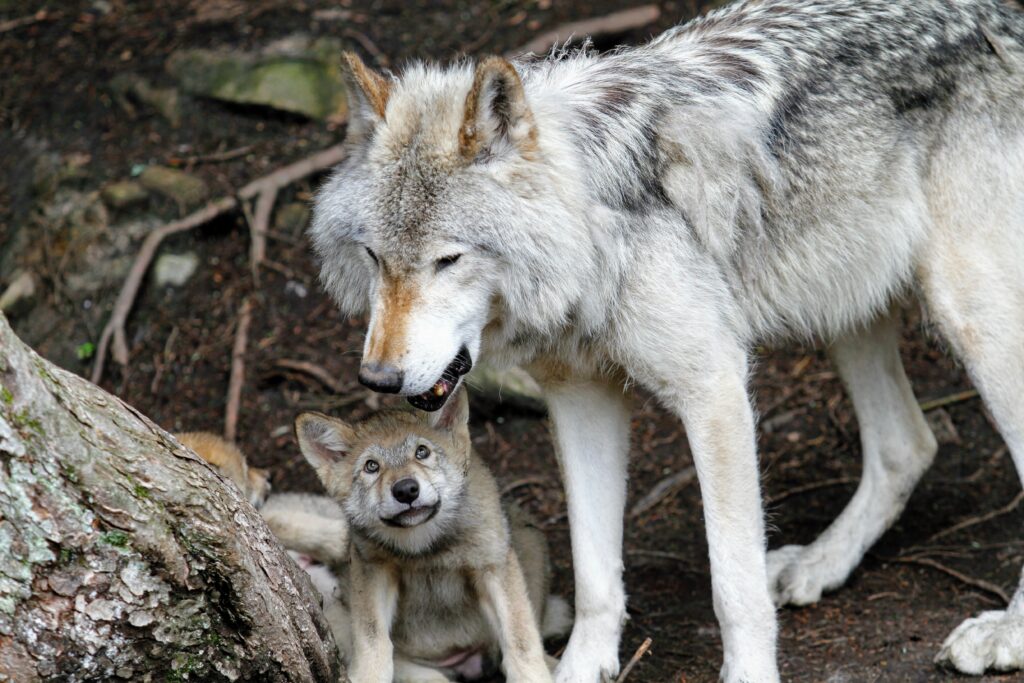
„We cannot accept advice from states that have exterminated these species 100 years ago,” added the minister
„We cannot accept advice from states that have exterminated these species 100 years ago,” Barna stated. He, then, claimed that the new hunting quotas are not intended to justify the killing of bears, but that they are about „extracting” a planned number of these, with the purpose of saving human lives and „man-made assets.”
„We cannot accept advice from member states – who our friends, by the way – who have been refusing for years to accept bears in their natural habitats in their countries, in France, in Germany, in Austria, where there are no more bears, although there is a natural habitat fit for this species. It is not about killing, it is about the preventive extraction of a number of 426 bears. According to the draft order, a further 60 specimens can be extracted after evidence proving damages have been submitted on file and in case of emergency situations in certain communities, in certain areas. Furthermore, we have Ordinance 81, which allows for immediate intervention to save human lives and to save man-made assets. Furthermore, certainly, everyone has the right to express their opinion regarding a normative act that is in the process of being published”, said the Minister of the Environment.
The statement continued, this time with an explanation for for a hunter: „Any bear skull is a trophy, because it is a memento for a hunter who made the draw”
Asked by reporters what criteria are used for harvesting/extraction, the Romanian Minister of Environment, Water and Forests wanted to explain why it is said that each bear skull is a trophy. This, says Barna, serves as a memento for the hunter of the time when he made that particular draw.
Then, returning to the question regarding the hunting quotas, the minister explained that these are allocated to the areas where the most attacks have taken place.
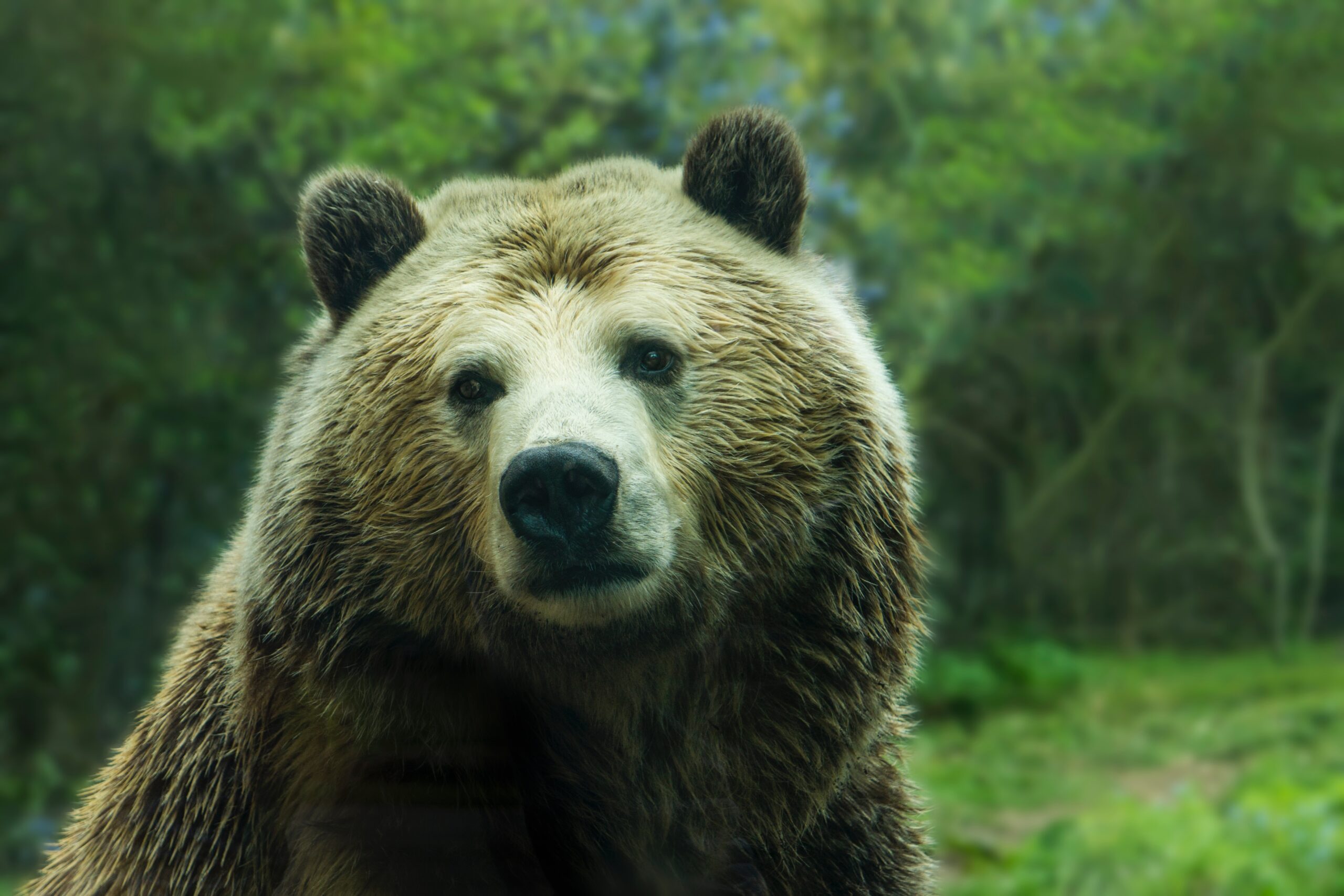
Hunting quotas, determined using a mathematical formula
Barna explained to reporters that specialists involved in the project had come up with a mathematical formula to calculate these quotas. According to Barna, the formula takes into account the number of bear attacks in an area, their severity and density of both the bear and human populations.
„There is a mathematical formula,” said the Minister, „which takes into account three principles: the number of bear attacks in a certain area, the value of the attacks, and the number of attacks on people in a certain area. We superimposed this attack and damage map on top of the density map that was scientifically established by specialists at the university and research institute, and, based on scientific methods, a mathematical formula resulted, which generated some numbers.”

The Minister of the Environment: I DID NOT set the quotas myself, arbitrarily
The Environment Minister appeared to be addressing allegations which suggested that he had chosen hunting quotas arbitrarily. Barna reiterated that the numbers were the result of well-thought-out calculations.
„They are not set by me arbitrarily, and I have not allowed anyone to arbitrarily intervene with regards to the figures that have been given by the mathematical formula: the number of attacks, the amount of damage, the attacks on people and the population density – precisely to intervene in the areas where this is needed, where there are problems, and to reduce the risk of these attacks,” he said.
Minister Tanczos Barna was asked what he thought of the President of the Covasna County Council’s proposal to relocate a thousand bears to other European countries. „I’d be happy with ten… let’s start with ten, and then see how we can get to a thousand. I agree to the proposal,” he replied.

